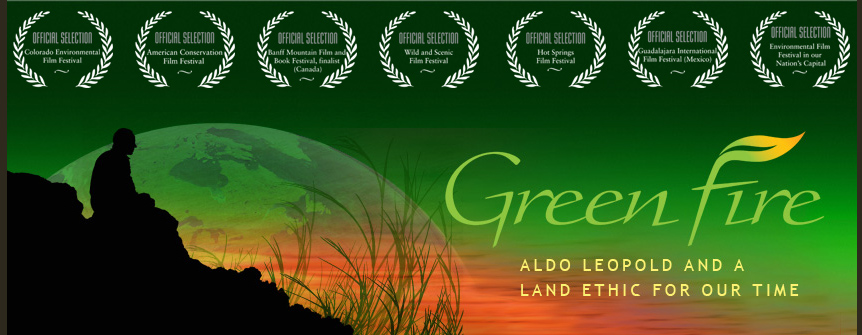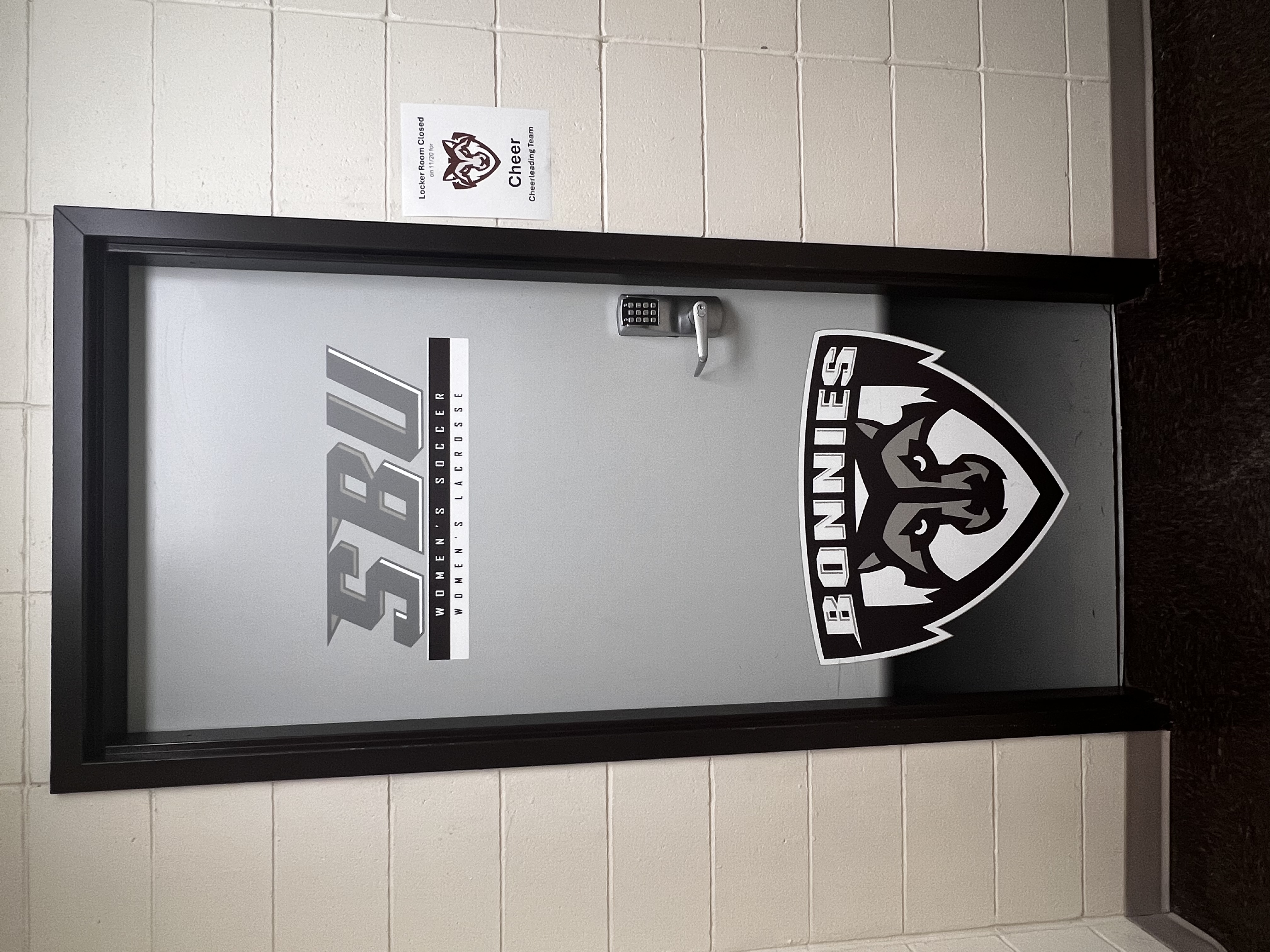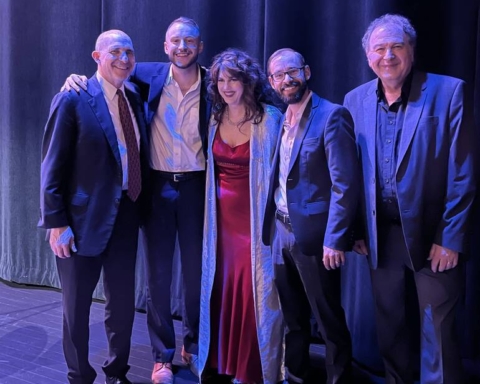By Dom LoVallo
Managing Editor
Students gathered in the Walsh Science Center Amphitheater Tuesday to watch a documentary about Aldo Leopold. Leopold is a conservationist and considered by many to be the father of wildlife ecology.
“It was here that I first clearly realized that land is an organism, that all my life I had seen only sick land, whereas here was a biota still in perfect aboriginal health. The term ‘unspoiled wilderness’ took on a new meaning.” This quote from Leopold comes from his work and is used in the documentary, “Green Fire.”
About 10 students came to watch the documentary. Sophomore history major, Joseph Giglio, said that he looked forward to watching the film because of how much he cares for the environment.
“The documentary was interesting,” said Giglio. “As with all documentaries it was a little dry and certainly not something most people would want to see, but as someone who is interested in the environment it was very interesting.”
The documentary also helps students remember a part of their intellectual journey classes, said Kim Majot, the secretary in first-year experience.
“It makes a connection back to [students’] intellectual journey class that they had as a freshman, and the University Forum, that class, is the completion, the continuation, of that journey,” said Majot.
Throughout the documentary, quotes from Leopold’s works were read as they explained his growing knowledge on the importance of our effect on the environment.
“Man always kills the thing he loves. And so we the pioneers have killed our wilderness. Some say we had to. Be that as it may, I am glad I shall never be young without wild country to be young in.”
“For one species to mourn the death of another is a new thing under the sun.”
Both of these quotes were used to show how close to and in tune with nature Leopold was before he died of a heart attack.
The documentary shows how we can still make a positive impact on our world, said Giglio.
“The documentary paints a really vivid and definitive picture of not only some of the problems people have caused in the environment but also the power that we have to change things and help repair the earth and how important it is that we do that,” said Giglio.
“Green Fire” and Leopold show students the importance of the connection between our world and nature.
“The conservation big picture is important,” said Majot. “That it’s not just about one group of people, it’s not about one city. It’s about the land and how everything is connected. How the wildlife, the soil and the water is important to everyone.”
lovalldv15@bonaventure.edu







